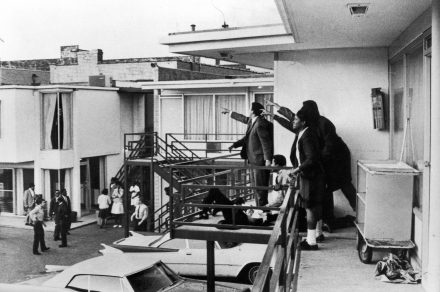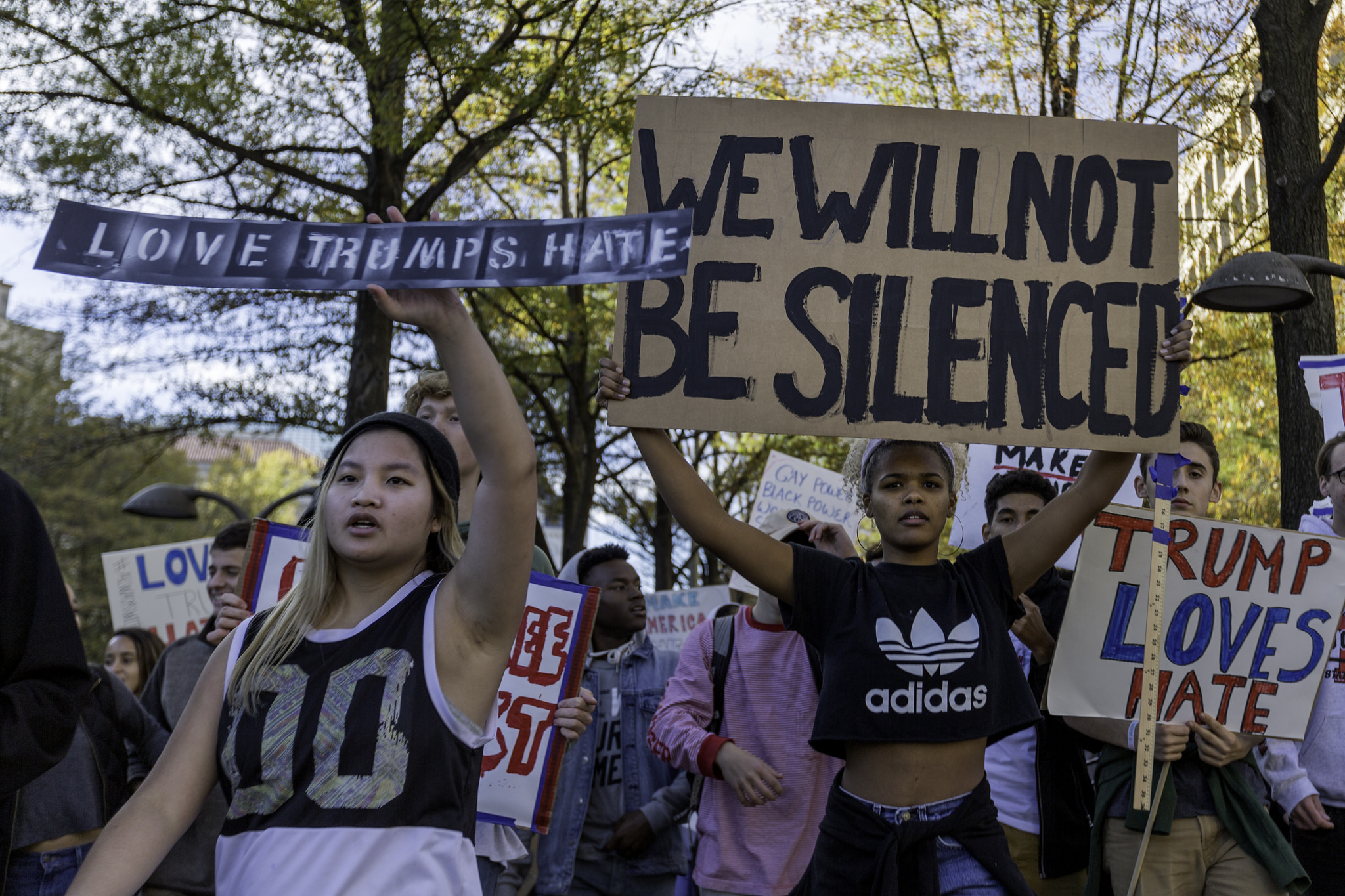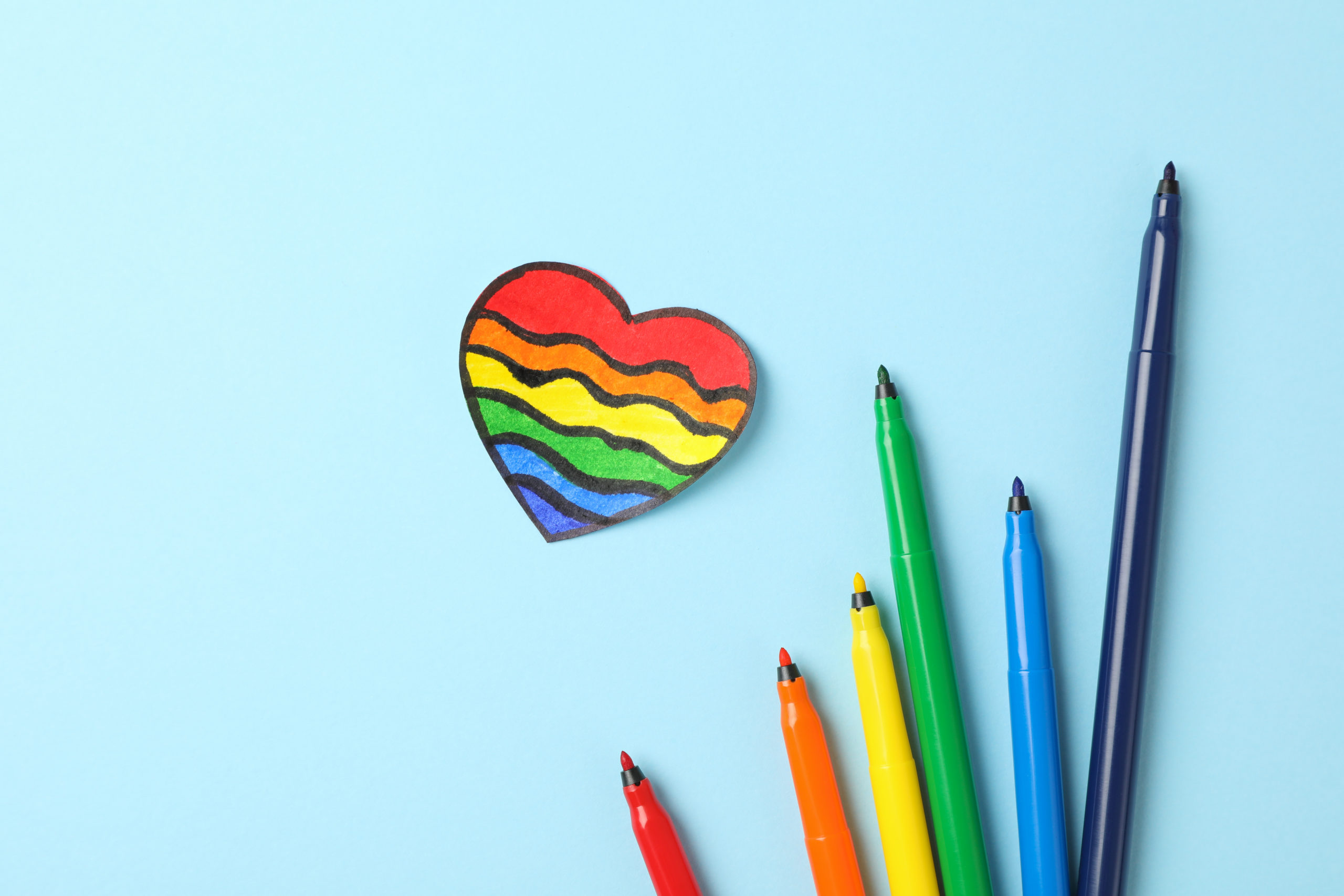A Wake-Up Call from Dr. Martin Luther King, Jr.


And one of the great liabilities of life is that all too many people find themselves living amid a great period of social change, and yet they fail to develop the new attitudes, the new mental responses, that the new situation demands. They end up sleeping through a revolution.
Fifty years ago today, a white supremacist shot and killed the Reverend Dr. Martin Luther King, Jr. The older I get, the more strongly I feel about naming that, because I remember being deeply confused and haunted by the circumstances of his death after learning about it as a child.
I remember the moment when I first registered the image of Dr. King’s colleagues standing above his dying body on a motel balcony in Memphis, pointing in the direction of fresh gunfire. Before then, I’d only absorbed vague allusions to him “giving” or “losing” his life for freedom amid the effusive praise heaped upon him every winter, when the national celebration of his birthday would prompt adults to take a short break from teaching us about white men and turn our attention to Dr. King and other Black men (and occasionally HarrietTruthSojournerTubman Parks) who Made History™ before spending a month discussing white women.
Similarly, before then, gun violence had mostly been a phenomenon I learned about from news reports about Black and Latino gang members from the “inner city,” and that one episode of Family Matters where Laura gets beat up for telling on bad teens who steal her jacket before shooting another of their friends over some shoes. Back then, I had no way to critique or contextualize any of this except to examine my parents’ reactions to it. I’d see these grisly narratives, then look to them as they shook their heads, affirming that as one of many reasons why they’d worked so hard to escape — and keep me and my sister out of — The Ghetto.
Relatedly, I’d spent my whole middle-class suburban life until that point being reminded that because I was born Black and female, I’d have to work twice as hard to succeed. With these bits of information, my younger self pieced together a little algorithm that reassured me I’d nevertheless be OK: Dr. King’s sacrifices + relentless perfectionism in all areas of my life + my parents own triumph over generational poverty = proof that I could make it in America. Grown-ups had made this issue pretty simple: “good” people who work hard, steer clear of “bad” people, and stay out of “bad” neighborhoods don’t have to worry about things like getting shot.
And so, long before I’d ever heard terms like respectability politics or systemic oppression – long before I’d ever learn to identify or resist bias in academic curricula and the media and beyond – my nine-year-old self had to make meaning of this stark image of a great man in a history book, shot to death like so many other Black and brown people I’d seen on TV.
I paused to recall other images I remembered of Dr. King: speaking before a crowd of thousands in Washington, D.C.; marching with a huge crowd in Selma; his mugshot from his arrest in Birmingham. My stomach churned as the most terrifying realization my young mind had ever considered formed in my mind: You can be the very worst kind of Black person, and make your community live in terror, and get arrested and get shot and die way too young. And you can be the very best kind of Black person, and try to make the world a better place for everyone… and get arrested and get shot and die way too young.
Dr. King had a Dream, and they shot him for it. I had nightmares about this for weeks. What was I supposed to do with this awareness? How was I supposed to “Dream big!” like adults were constantly telling me, if both failure and success marked people like me as targets for violent death?
In hindsight, I realize that I’ve spent the rest of my life pursuing answers to that question. Fortunately for me, I came into adulthood in a time when academics and activists had finally started to succeed in popularizing the “new attitudes [and] the new mental responses” that Dr. King said our situation demands, which are best described by the concept of intersectionality coined by legal scholar Kimberlé Crenshaw.
My parents and teachers didn’t have language for most of this, or the social and economic analysis it represents. Indeed, neither did Dr. King, as Crenshaw herself recently noted while discussing his legacy. The reality of intersectionality is as old as our centuries-long nightmare of a socioeconomic system. But the term itself is barely four years younger than I am. If intersectionality were a person, they would have just entered kindergarten the same year my younger self was wondering how I could survive in a world that asked me, moment to moment, to choose to be either Black or female or any other parts of who I am, while simultaneously insisting at all times that I be perfect to accomplish great feats like continuing to live.
Despite their human imperfections, Dr. King and countless other activists past and present have spent their lives trying to wake society from a nightmare — the relentless individual and global acts of violence we are capable of inflicting upon each other when we believe the lie that there is not enough for everyone in this world, and that it’s therefore OK to deprive certain people of full access to the resources, rights, and dignity we all need to survive.
If we want to realize an expansive, inclusive manifestation of Dr. King’s Dream, we have to unlearn that lie and recognize the truth: that each and every body deserves to live with dignity, just by virtue of being born. No qualifiers, no exceptions. And we have to keep working to dismantle all the laws, policies, and cultural norms that empower a privileged few to hoard the lion’s share of the world’s resources, rights, and dignity for themselves.
That means we cannot continue to pretend that we can choose in what order we can address which injustices, or worse, that these injustices no longer exist at all. After all, a person’s class status can’t just leave their race, gender, disability, national origin, sexuality, and everything else behind while people focus on “economic issues.” All lives will never matter until none of our identities or circumstances are weaponized against us. This is the unfinished work Dr. King and so many others like him have left for us to do.
Yes, it can be hard to do All The Social Justice Things at the same time. Yes, we will all make mistakes while we unlearn and relearn how to approach life in this world. Fortunately, there are a few billion of us on this planet. We can divide up the world’s troubles and get cracking on the ones we’re best positioned to dismantle, while checking in with each other to make sure our solutions don’t leave anyone out. (Let’s also please keep checking in with the kids. Yes, they’re growing up knowing more of this intersectionality stuff than we did. But they’re still as young and scared as we once were and are, trying to make sense of this needlessly cruel world.)
On this day and every day, don’t get caught sleeping through a revolution. If Dr. King’s Dream is ever going to come true, we all have to wake up and work to make it real. The moral arc of the universe does bend toward justice, but not without the righteous pressure each of us are called to exert on it.




